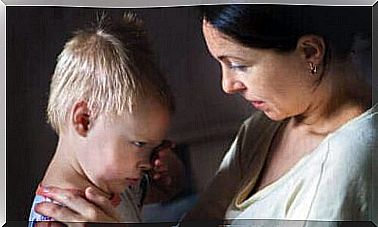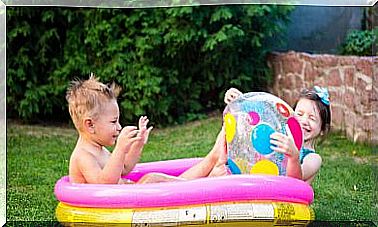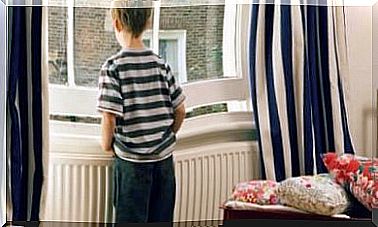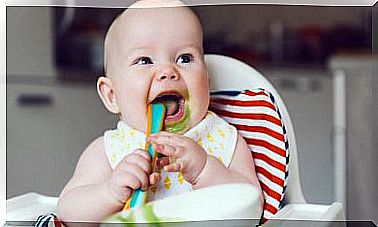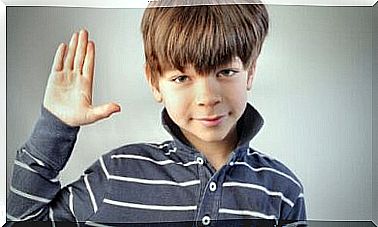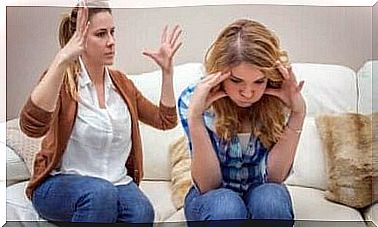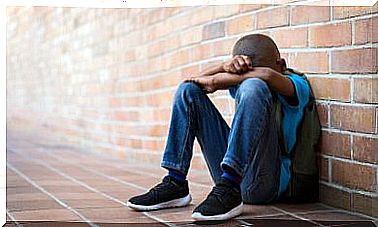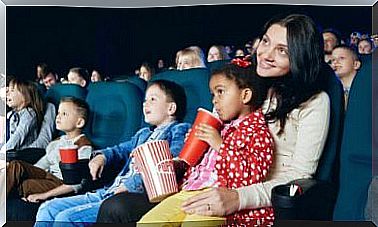20 Questions To Help Children Get To Know Themselves
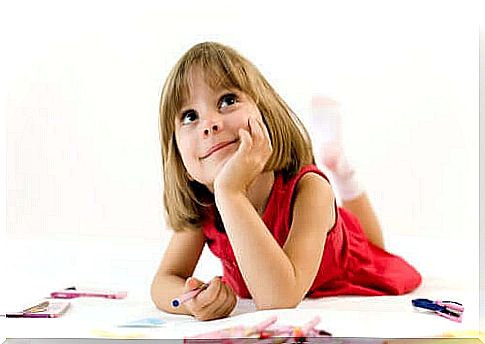
As children grow and learn things, it is important that they know how to get to know themselves; how to e.g. explores their abilities, shortcomings, virtues and preferences, among many other things. To encourage self-acceptance and understanding, you as a parent should help your children get to know themselves better.
Even if children’s identity develops more completely during adolescence, it is always important for them to act in accordance with how they think. This allows them to trust themselves and their thoughts when they face different challenges, even early in life.
The people around them are really important for this. Of course, this includes teachers and parents. At home, you can help your children get to know themselves better by asking a few simple questions in different life situations.
It helps your children begin to understand the emotions they feel in different situations. They then also begin to identify their shortcomings and can try to correct them for the future. In fact, it is a very constructive exercise that can be extremely beneficial to their development.
Other benefits
- Self-acceptance
- Stronger self-esteem
- Better relationships with others
- Develops independent thinking
- More thoughtful and less instinctive decision-making
- Self-control, which helps them understand and manage their emotions
- Consistency, which improves the ability to act in accordance with its principles
20 questions to help children get to know themselves better
It is important to let them work out their own answers. The goal of the exercise is to encourage reflection. Start with “general” questions to get them to evaluate their individual characteristics:
1. What are your strengths?
2. What are your fears? What would you do if you did not have them?
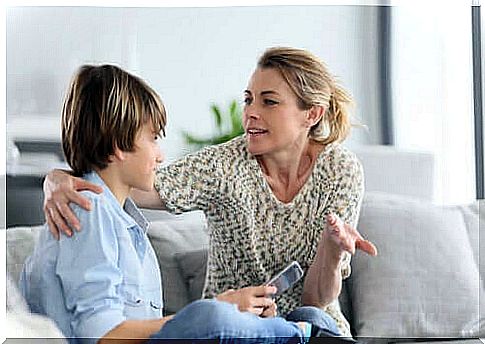
3. What do you like to do for fun?
4. What do you do when you have problems? Is there anyone who can help you solve it?
5. Where do you feel safest?
6. If you could wish for something, what would it be?
When faced with a frustrating situation
For example, if the children fail a test at school, you can ask what happened, how they felt when they found out what they did wrong and what motivates them to do well. In this way , they learn that failures are things that happen, and that they can learn to deal with frustration. It also helps them get a better result next time.
7. Why did it go badly?
8. Did you feel nervous or pressured?
9. Do you want to work hard to achieve better results?
10. How do you think you could do this?
When children behave badly
By knowing themselves, your children can understand and explain their impulsive behaviors when they become irritated or angry. In these moments, you can ask them about their attitudes and reactions. They can then also think about alternative reactions.
11. Why did you do that?
12. In what way was this behavior useful?
13. How are you now?
Promote self-awareness
According to various studies, an individual’s development depends on the context in which they live, for example family, culture, gender, friendships and other relationships with peers.
In other words, how children understand themselves is the result of their relationship to their environment, their innate qualities and their life experiences. All of these things will shape their thoughts and understanding from day one.
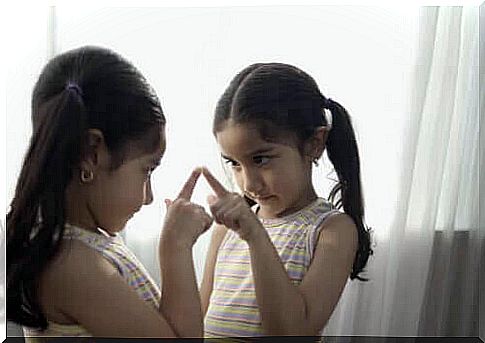
Like the previous questions, these questions help your children get to know themselves better and see their own strengths and weaknesses. A few examples are:
14. What things do you think make you different from other people?
15. If you had to say something nice, what would you say?
16. What do you like most about yourself?
17. What is your happiest memory?
18. What do you like to do when you are sad? Do you feel better from crying or screaming?
19. What has been your best performance? What do you want to achieve in the future?
20. What worries you and what attracts you?
Your children may be a little overwhelmed by so many questions and they may not know how to answer. It is really important to give them time to think and come up with their own answers.
It is also important to choose the right moment for this type of conversation. Your children need to be calm, relaxed and feel comfortable telling exactly what they think. Test.
Try to help your children get to know themselves better, and you will make a big contribution to their personal development.
